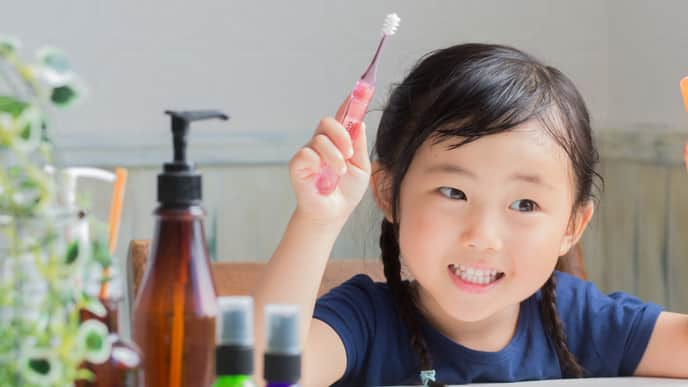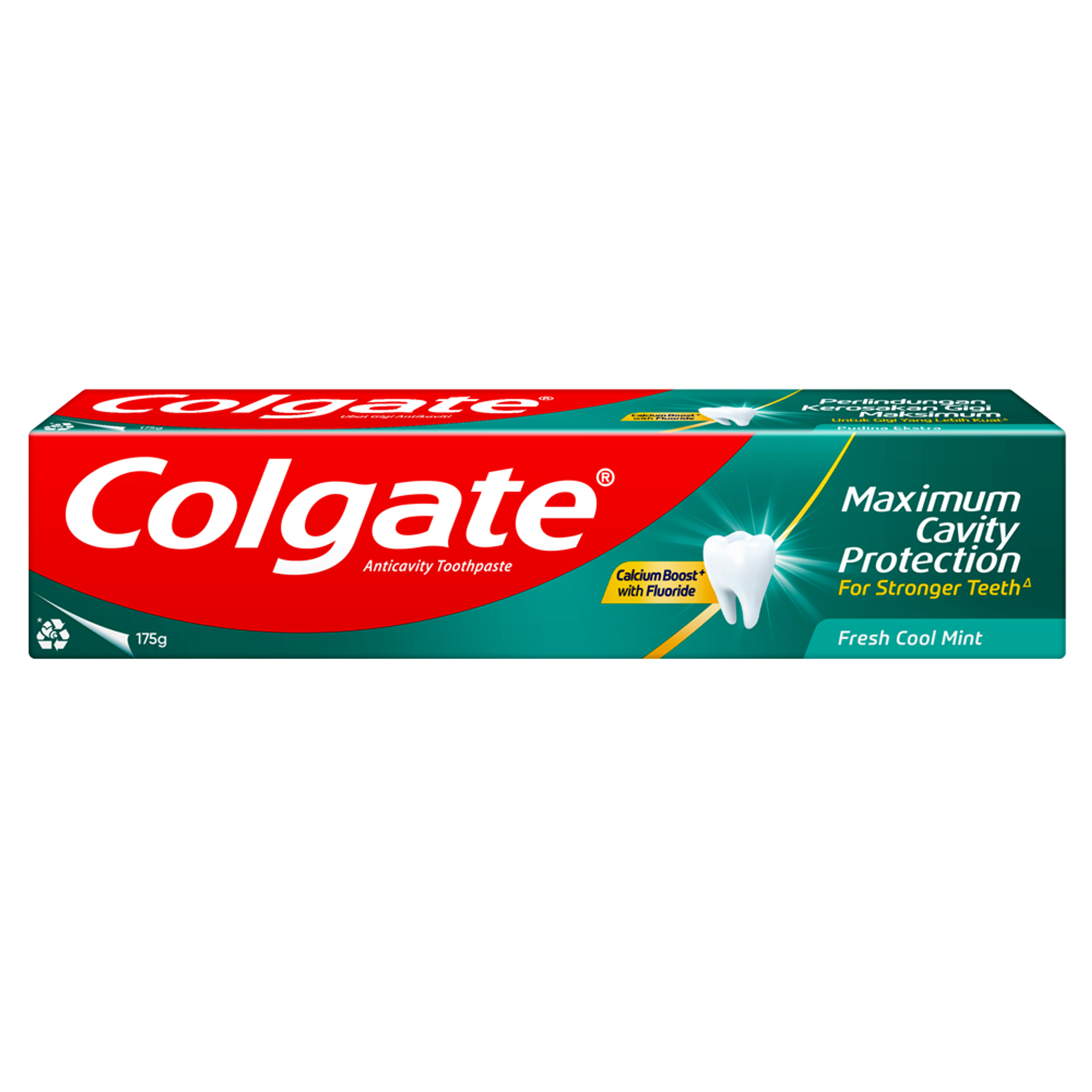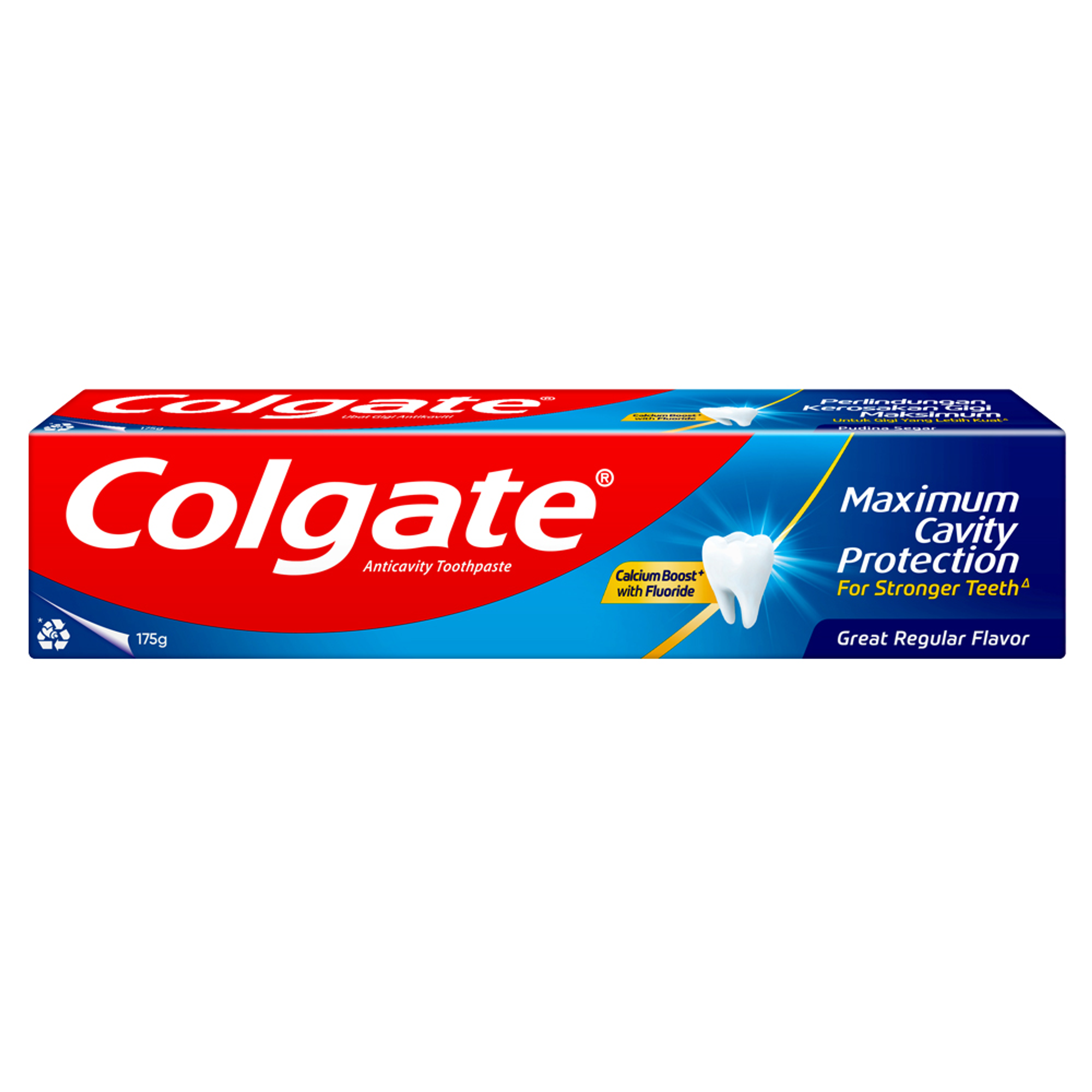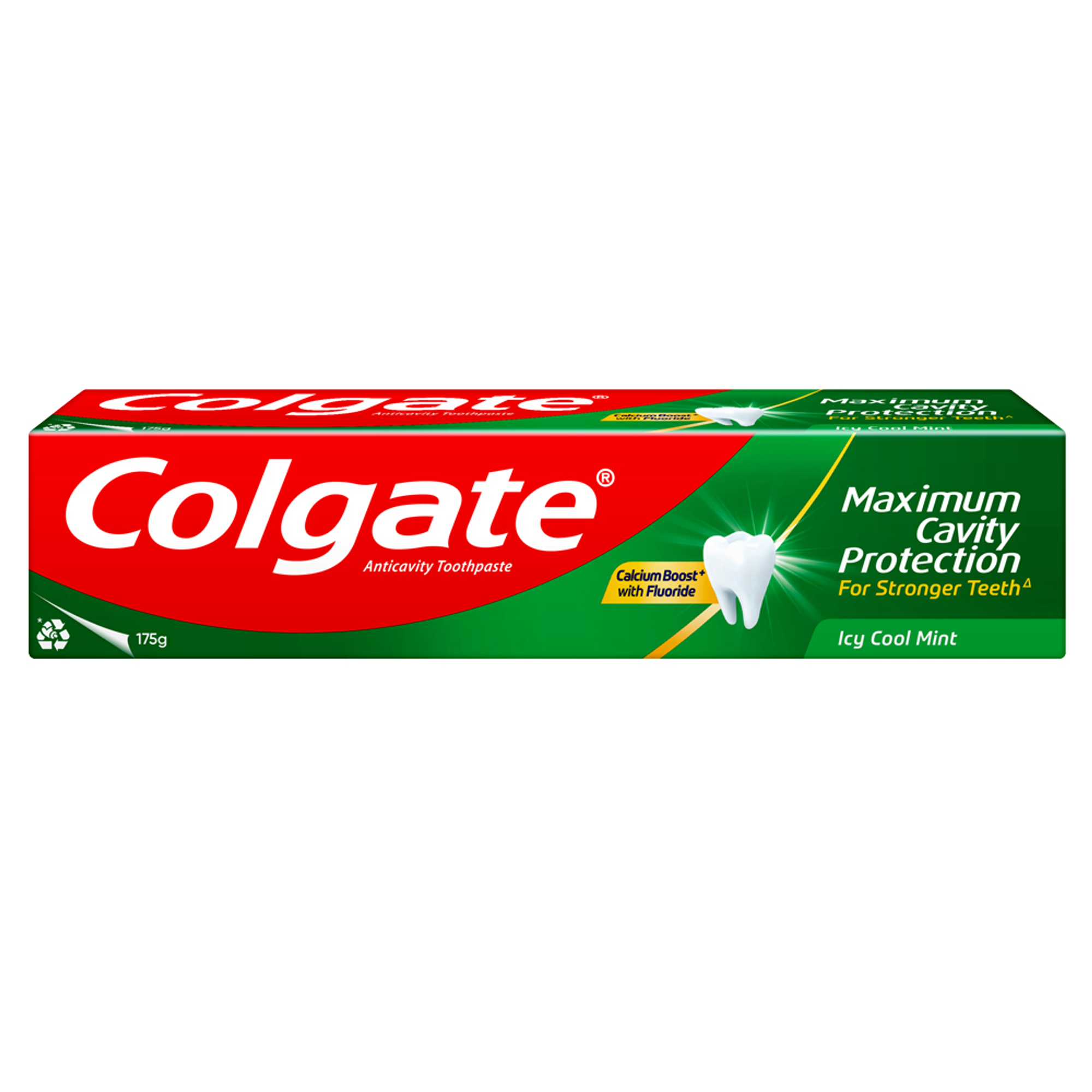-
-

FLUORIDE
Discover how stannous fluoride toothpaste prevents cavities and other oral health issues. Learn the key benefits of fluoride for teeth and its best uses.Fluoride plays a vital role in oral healthcare...

TEETH WHITENING
Teeth Whitening Serum for a Brighter, Confident SmileWho does not want whiter and brighter teeth? Thanks to the many teeth-whitening products available today...
-
Science & Innovation
- Colgate® | Toothpaste, Toothbrushes & Oral Care Resources
- Oral Health
- Cavities in Toddlers: The Surprising Truth


According to The Straits Times, there are worrying figures of tooth decay among pre-schoolers. Moreover, it's not just one cavity here and there; according to the same news article, figures from NDCS (National Dental Centre Singapore) show that half of the children requiring general anaesthesia for their treatment have at least 10 decayed teeth. The level of decay present in these children's teeth is also concerning - it is often so severe that dentists have to use general anaesthesia to perform the surgical procedure. General anaesthesia has its own set of risks, including vomiting, nausea, and, in very rare cases, brain damage or death. Furthermore, some of these same children who undergo surgical procedures end up with more cavities later on. Luckily, there are a few things parents can do to stop this problem in its tracks.
Start Brushing Early
Start brushing your child's teeth twice a day as soon as the first tooth erupts. Use a wet gauze square or your finger to gently brush along the baby's gums. Not only will this keep their newly minted teeth clean, it will also get them used to the idea of brushing their teeth so they'll be less likely to resist it later on.
Take Your Child to the Dentist
The Ministry of Health and National Dental Centre Singapore recommend that a child should visit the dentist between 6 to 12 months of age. During this visit, the dentist will be able to look at your child's mouth, gums, and bite, as well as check your child's teeth for signs of decay. These early visits will also help your child get used to the idea of the dentist.
Limit Sweet Snacks and Juice
Though almost every food contains some sugar, there are some that have especially high amounts - sweets, candy, fruit snacks, and gummies, for example - which you should limit in your child's diet. You should also be careful about your child's juice intake for similar reasons. Many parents pacify their kids by letting them have a sippy cup full of juice - try choosing water instead. In addition, you shouldn't let your child fall asleep with a bottle; milk pooling in the mouth is one of the most common causes of cavities in toddlers.
Make Sure Your Child Gets Enough Fluoride
With an increased number of parents relying on bottled water, many kids aren't getting enough fluoride from tap water. Talk to your doctor or dentist to see if your child needs a fluoride supplement.
Related Articles

In infants, tooth decay is commonly referred to as baby bottle tooth decay. This occurs when sugars from food & liquids attach to teeth for periods of time.


You bite down and you feel a slight twinge in your mouth. Learn all the signs and symptoms of a cavity and why maintaining dental appointments is essential.
Related Products

Helping dental professionals
More professionals across the world trust Colgate. Find resources, products, and information to give your patients a healthier future







